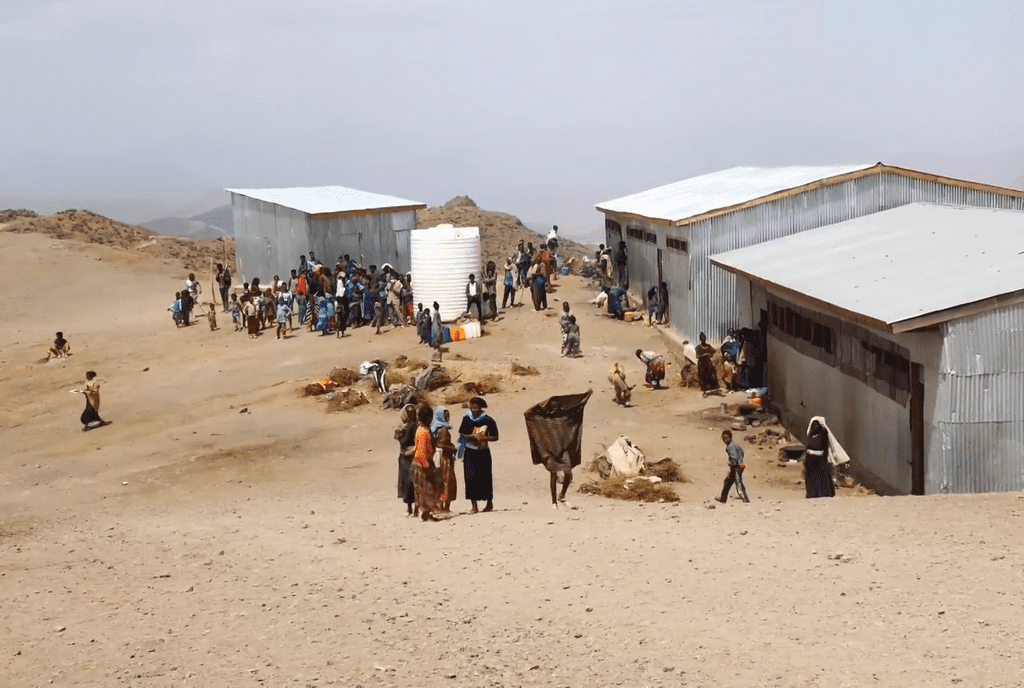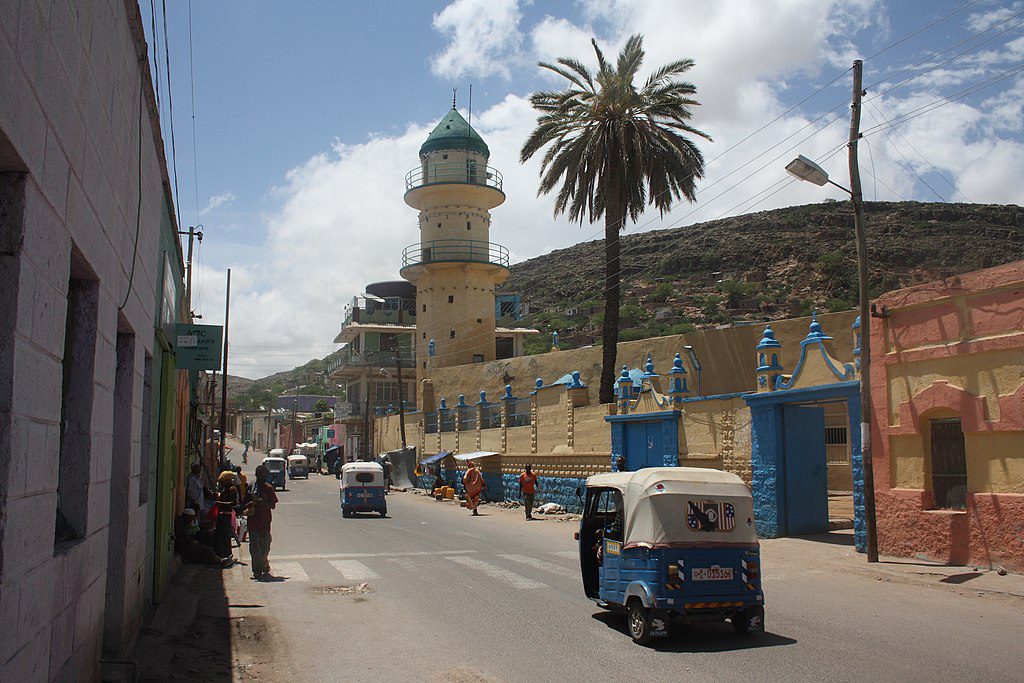The number one priority for the people of Tigray is a cessation of hostilities. It’s a precondition for everything else.
We are learning the likely extent of the humanitarian crisis, which is more severe than any in the country for more than 30 years. No significant humanitarian operation is possible without a cessation of hostilities.
We are hearing more and more stories of atrocities, with every reporter saying that what they know is only the tip of the iceberg. Stopping atrocities requires a cessation of hostilities.
We haven’t even begun to hear about the casualties among the soldiers and militiamen. But every indication is that thousands are dying on all sides in large battles. This slaughter needs to be ended.
Many diplomats and some journalists seem to be unaccountably reluctant to recognize this war for what it is. It’s not continuing insecurity or occasional fighting. It’s not sporadic violence or remnants of resistance. It’s war and it’s on a large scale.
The last week witnessed the most severe fighting since November, with eight Eritrean divisions and several battalions of. the Ethiopian federal forces in action against the Tigrayan Defense Forces in southern Tigray. It seems likely that the Ethio-Eritrean coalition wanted to create a military fait accompli before international pressure for Eritrean withdrawal became too strong to resist. If so, this plan did not succeed. In three days of battles in two locations, five Eritrean divisions were destroyed. Eritrean army divisions are usually small (in other militaries they would count as brigades) but the ferocity of the fighting points to terrible battlefield losses.
Military leaders in Asmara and Addis Ababa will promise that one more offensive will deliver a decisive victory. We should not be deluded.
There is no military solution to the war. There is no meaningful ‘victory’ by any side. The final outcome will be a political agreement. Every day of continued fighting brings only more death, injury, starvation, rape and bitterness.
This is a major war. It has to stop.


